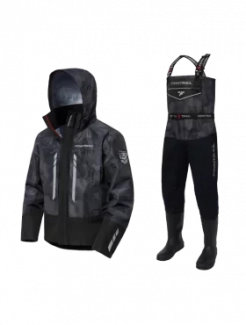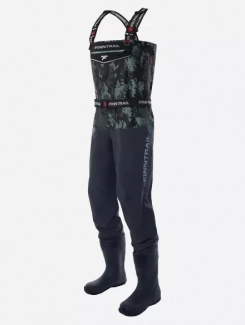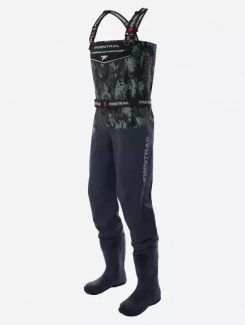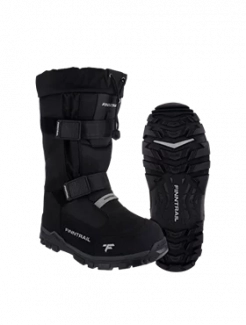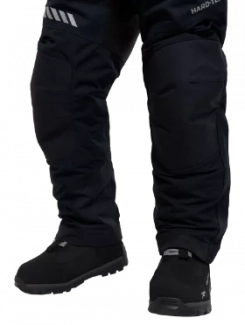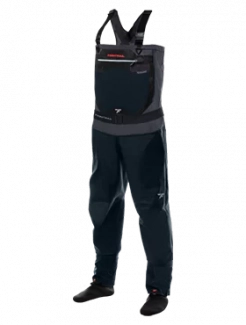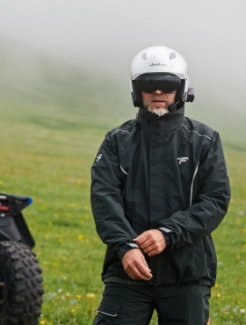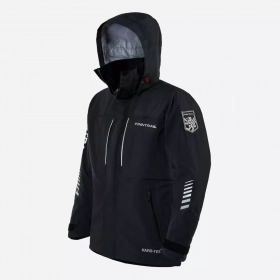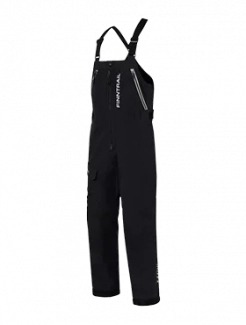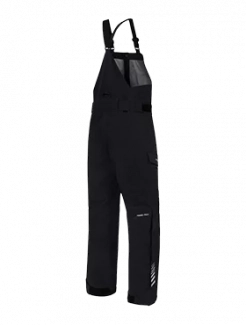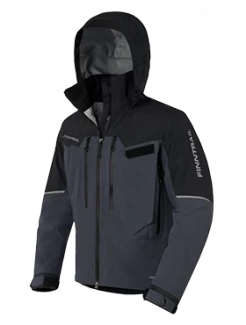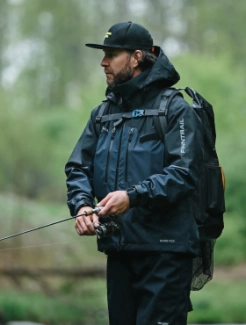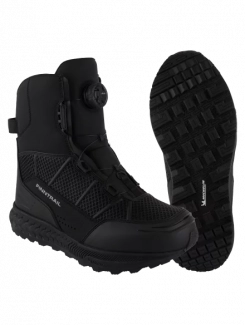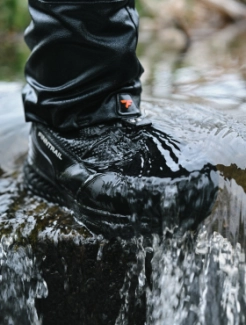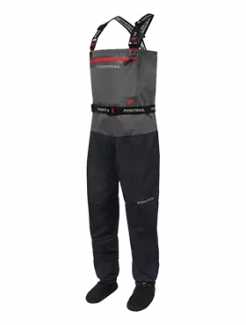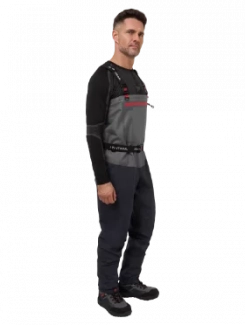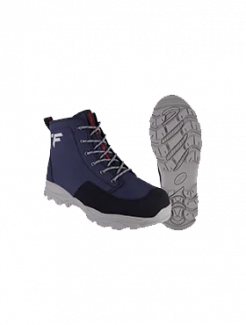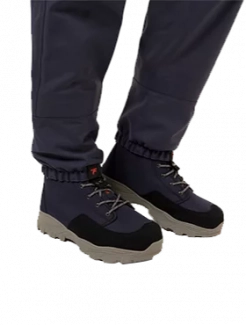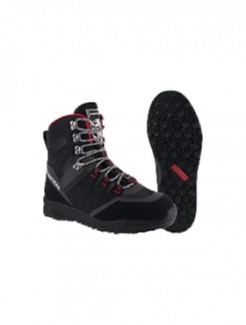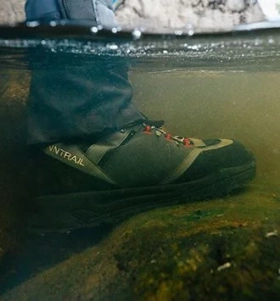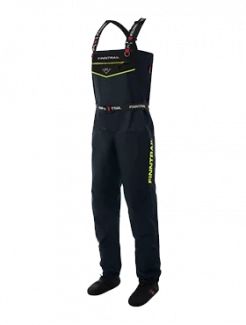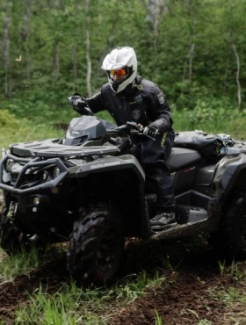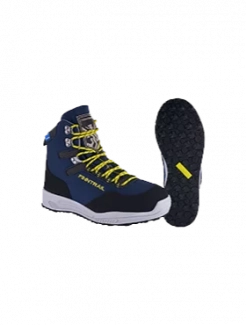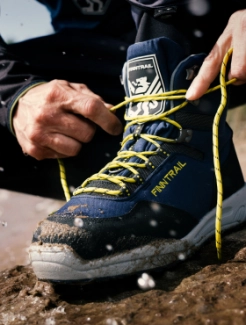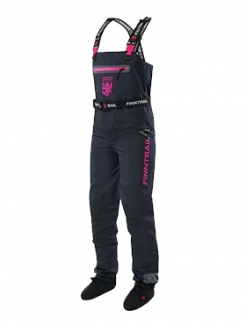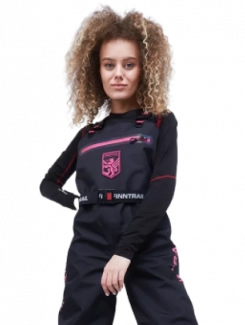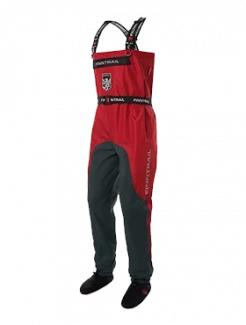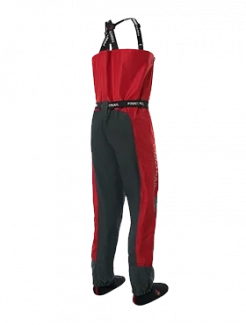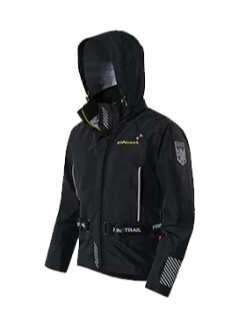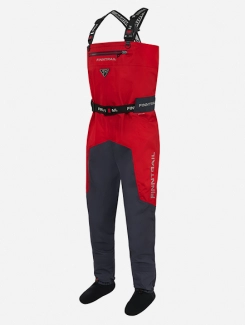How To Fix ATV Secondary Clutch Common Problems
If something is wrong with the secondary clutch on your quad, you may notice hard shifting, clunking sounds, bogging, or slipping. Read this post to learn how to troubleshoot clutch problems and how to fix an ATV secondary clutch so you can get everything back to normal.
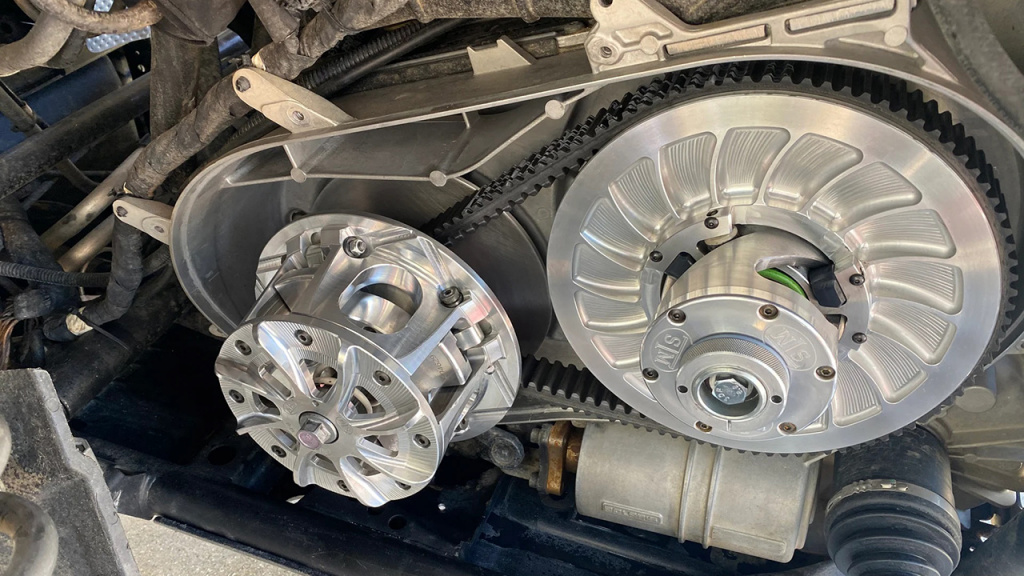
If Your Quad Has Little Mileage
Quads don’t come from the factory ready to ride. New ATVs and UTVs have various components that need to be broken in to perform as intended. Your clutch is one of them. If your quad is new and it’s shifting hard, you might just need to break it in.
Drive easy for a while. If you bought this quad new, read the instruction manual to know how long you need to break it in. More powerful motors usually require longer break-in periods. It is usually how long it takes to use two full tanks of gas. If you purchased this quad used, then you have to go with the word of whoever sold it to you to know how much it has been ridden so far and how much it still needs to be broken in.
You should be able to feel when the clutch has been broken in. It will shift normally. Change the oil when you’re done with that ride, because breaking in an ATV gets damaging particles all in your oil. The piston rings and cylinder walls are literally scraping themselves into shape with each other, which releases tons of metal into the system.
You will also need to break in new clutches.
If You Hear a Clunking Sound When Using Your Clutch
A clunking sound means something is loose in your clutch or has gotten into your clutch. You’ll need to get in the belt cover and examine the clutch area for loose parts and objects like bolts.
If this doesn’t explain your problem, check some of the other potential issues below while you’re in there.
If It’s Not Responding Normally
Your clutch may be reluctant to work or a bit overeager if it has faulty buttons. This is a common problem, and thankfully, it’s easy to fix. You can pick up clutch buttons for less than $10. It’s an easy DIY fix and an inexpensive professional fix, so take your pick.
If You’ve Been Working on Your Clutch
If you were recently working on your clutch and something’s wrong, there could be several reasons.
You may not have put the spring back correctly. It needs to be turned 1/3 of a turn when you reassemble the clutch.
You’ll want to make sure you get the direction of the preload correct too.
If Your Clutch Won’t Stop Spinning
You may need a new belt or to replace your clutch with an aftermarket one.
Open it up and see what’s going on in there. You should be able to determine if the belt or clutch sheaves are to blame. If the sheaves are cracked, damaged or worn, you can’t fix that and will have to replace the clutch.
You Just Replaced the Belt
If you just replaced your belt, determine if you cleaned the belt with soap and water before installing it. It is important to clean new belts to rid them of chemicals and grit. If you didn’t, it can cause clutch issues.
Other Things to Check
If you’re still wondering how to diagnose ATV clutch problems, look into:
-
A loose clutch bolt
-
A stacked helix
-
The 1-way bearing
You Can’t Find Anything Wrong
If you checked everything and nothing seems damaged, dirty, incorrectly installed, or worn, you may not have a clutch problem at all. You could be having front motor mount issues. This can cause similar symptoms to a clutch problem.
To check this, put your quad in neutral and rev the engine. If it shifts to the left, you need to address your front motor mount. Thankfully, it’s a cheap repair.

